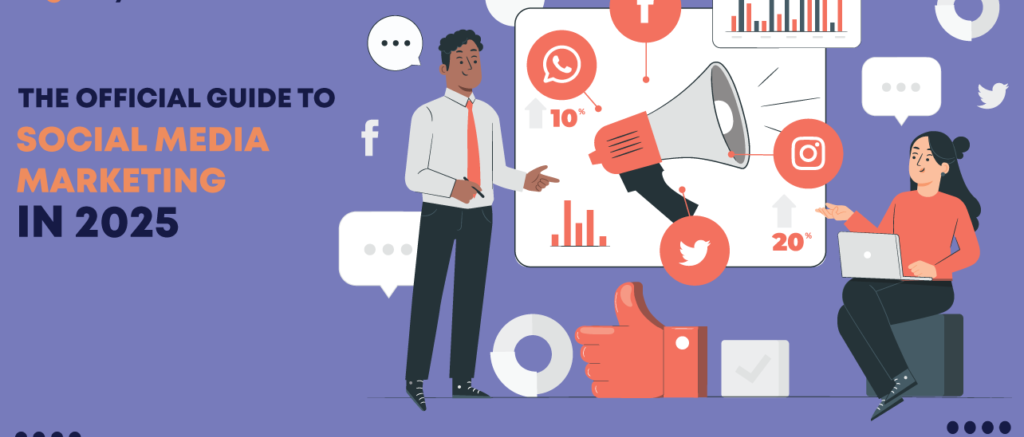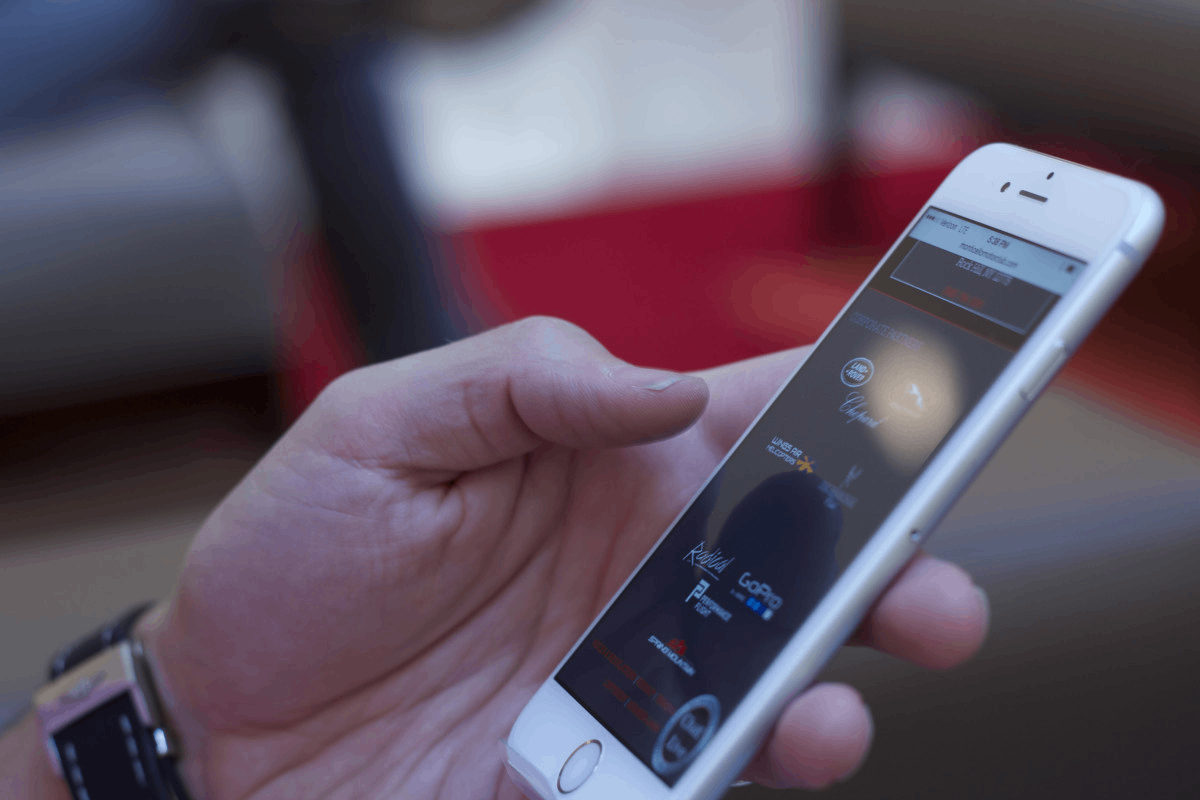How to Use Social Media Marketing Effectively in 2025
In today’s digital world, if you’re not using social media to promote your website, you’re missing out on one of the most powerful free traffic tools available. Whether you’re building a blog, growing a personal brand, or scaling an agency like Hypnotics Agency, understanding how to use social media marketing effectively can supercharge your growth.
Let’s break down actionable steps that will help you get traffic to your website fast using proven SEO techniques for traffic and smart social media tactics.
1. Choose the Right Platforms
Not all platforms are created equal. Focus on where your target audience spends their time:
- Instagram for visual brands
- LinkedIn for B2B
- Twitter/X for updates and threads
- YouTube for tutorials and long-form content
- Pinterest for evergreen, niche content
Avoid spreading yourself too thin—master 1–2 platforms first.
2. Optimize Profiles for SEO
Your social media bio is prime real estate.
- Add your main keywords (e.g., “digital marketing expert”, “SEO specialist”)
- Include a direct link to your website (e.g., https://hypnotics.agency/#)
- Use a clear CTA: “Visit us”, “Explore services”, or “Read our blog”
3. Post Content with Purpose
Follow the 80/20 rule:
- 80% value: tips, stories, education
- 20% promotion: website links, service promos
Content formats that perform well:
- Reels & short videos (Instagram, YouTube Shorts)
- Carousel posts (LinkedIn, Instagram)
- Live streams & AMAs (YouTube, Instagram)
4. Use SEO Techniques for Traffic in Your Captions
Treat your captions like mini blog posts:
- Include long-tail keywords
- Write engaging first lines
- Add hashtags naturally
- Tag collaborators or brands
This improves your discoverability both on social media and search engines.
5. Create a Posting Schedule
Post consistently:
- 3–5 times per week
- Use tools like Buffer, Later, or Metricool
- Analyze which times your audience engages most
Stick to a theme or color style to build brand recognition.
6. Engage, Don’t Just Post
Reply to every comment, DM, and story mention. Engage with:
- Industry influencers
- Your followers’ posts
- Niche hashtags
This increases visibility and builds trust—factors that drive traffic to your website.
7. Run Challenges or Mini Campaigns
Examples:
- “30-Day Content Challenge”
- “Free Audit Week”
- “Tag a Friend Giveaway”
These help increase shares, profile visits, and direct clicks to your website.
8. Use Analytics to Adjust
All platforms provide free analytics. Monitor:
- Reach and impressions
- Link clicks
- Follower growth
- Best-performing content
Tweak your strategy based on what works. Highlight high-traffic posts by re-sharing or repurposing.
9. Collaborate for Greater Reach
Partner with:
- Micro-influencers
- Complementary brands
- Other creators
Cross-promotions are a free way to tap into new, engaged audiences.
10. Always Link Back to Your Website
Use the link in bio, Instagram Stories (with “Link” sticker), pinned tweets, or call-to-actions in videos.
Example: “Want more tips? Visit Hypnotics Agency for the full breakdown.”
Final Thoughts
If you’re wondering what is a website without traffic—it’s just an online brochure. Use social media as a powerful funnel to pull people in, educate them, and then direct them to your site.
By combining content consistency, community engagement, and SEO techniques for traffic, you’ll not only increase followers but drive high-quality traffic where it matters most: your website.
Want real-world examples? Check out how we do it at Hypnotics Agency and follow our journey!













